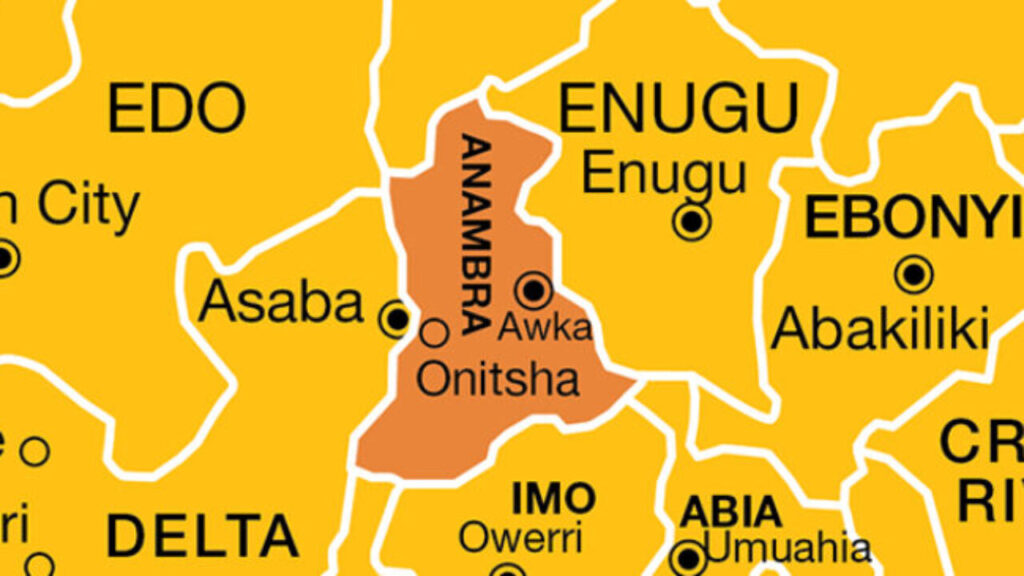From Sunday Ani
The Okpokolo Ruling Council of Anam in Anambra West has appealed to the federal and state governments for immediate repair of roads linking the community to city centres to prevent massive crop losses during the approaching harvest season.
With just 37 days before the annual Otee Anam (New Yam Festival), deteriorating road infrastructure threatens to devastate food supplies across the South East region as farmers struggle to transport their produce to different points of sale.
The crisis affects major producers of yam, cassava, vegetables, and rice, who contribute significantly to regional food security but cannot move their farm products due to poor road conditions.
Chairman of the Okpokolo Ruling Council, Chief Udorji Okeke Ezeagbor, expressed frustration during a press briefing on Wednesday, July 9, 2025, over the persistent infrastructure failure in the area. “It is still surprising that in this 21st century, farmers are still complaining of lack of access roads to convey their farm products to markets,” he said.
The chairman’s concerns echo throughout the farming community, where decades of experience have yielded little government support. Chief Okechukwu Nnoka, a farmer with over five decades of experience, decried the government’s priorities, saying, “It is very unfortunate that governments in Nigeria care less about the farmers. The plight of farmers has been a disheartening one, but who cares?”
Nnoka’s frustration extends beyond local grievances to national food security concerns. He directly linked infrastructure neglect to the country’s broader challenges, stating, “To solve the problem of food scarcity in Nigeria is very simple, only that our leaders are interested in themselves.”
These warnings carry significant weight as agricultural experts predict cascading consequences without immediate intervention. Massive crop losses during peak harvest season will collapse farm gate prices due to the inability to reach premium markets, reduce planting incentives for next season, increase food prices in urban centres, and trigger rural-urban migration as farming becomes unviable.
Despite these mounting challenges, Chief Ezeagbor emphasised the contradiction between government rhetoric and action. “The state government should be happy that there are still men and women who are willing to feed the nation, but access roads are now becoming a stumbling block,” he said.
Recognising the complexity of jurisdictional responsibilities, the council has directed its appeal to multiple levels of government. They called on Governor Chukwuma Soludo to urgently address state roads connecting farming communities while simultaneously appealing to the federal authorities to repair major transport corridors under their jurisdiction.
“I know Governor Chukwuma Soludo is not the cause, but he can still do something, and the credit goes to him,” Chief Ezeagbor stated, striking a diplomatic tone while maintaining urgency.
The appeal comes as farmers continue to fulfil their obligations to the nation, producing food in abundance despite economic hardship and security concerns.
Yet, their efforts remain threatened by the very infrastructure failures that successive governments have promised to address.
Chief Nnoka’s final assessment cuts to the heart of Nigeria’s agricultural challenges and reflects the broader frustration felt across rural communities. “The country has not got the kind of leaders they wanted,” he said, words that echo the sentiment of countless farmers across the region who continue to feed the nation while their own livelihoods hang in the balance.
The Okpokolo Ruling Council’s intervention represents more than a local grievance; it’s an urgent plea to prevent a humanitarian and economic crisis that is looming with the poor road conditions in the farming communities.


